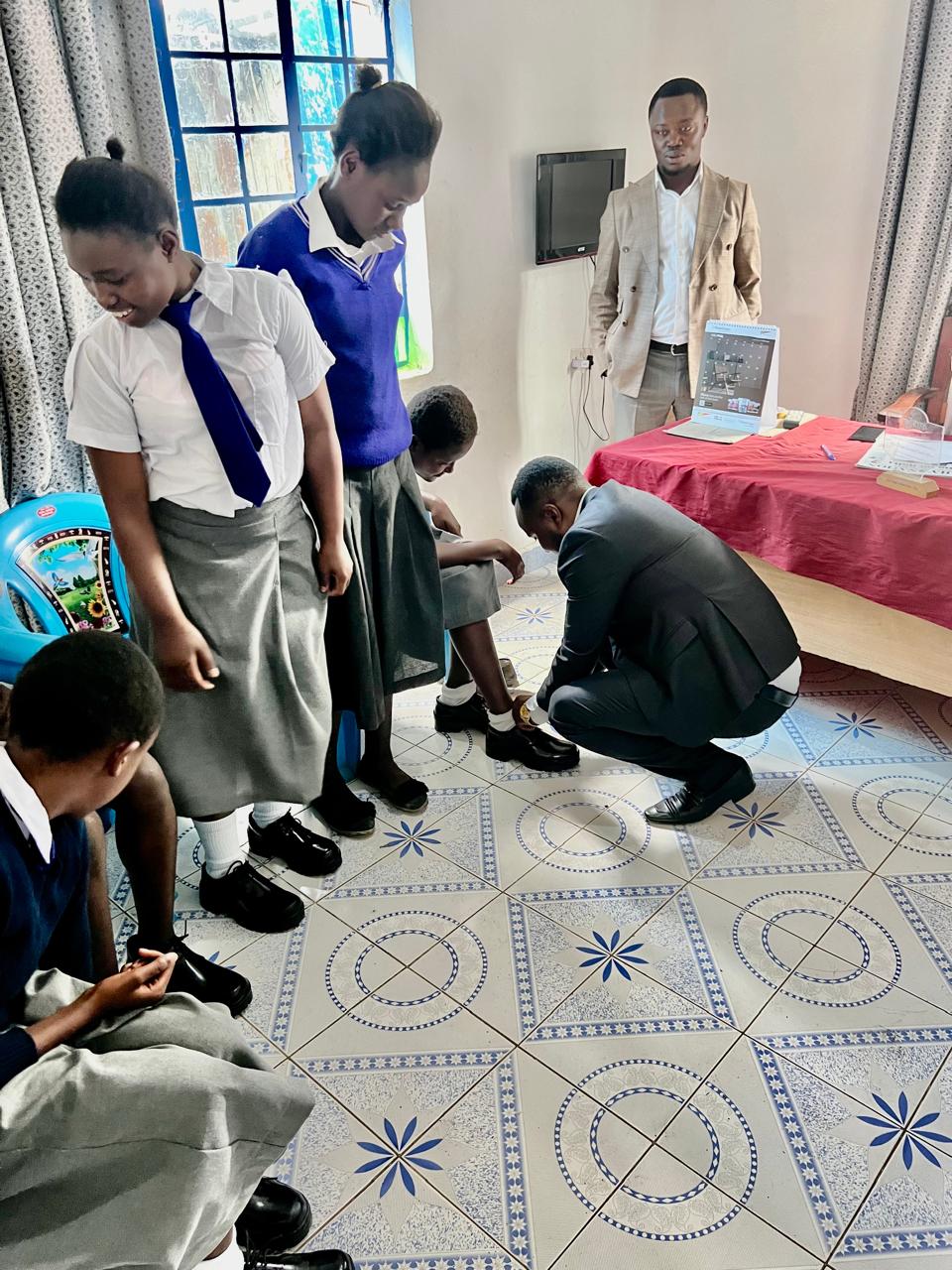
Due to the increased numbers of girls being married at
childhood because of inadequate access to education, poverty, negative social
and cultural norms, lack of awareness of girls’ rights, and laws against child
marriage, is amongst the key reasons why Mirina Foundation rose up to empower
and change lives of girls in the community and intends to extend the initiative across East Africa.
Important to Note:
School going girls in the country are likely
to drop out at the age of 17, the latest report by the Kenya National Bureau of
Statistics shows.
The data shows the dropout rate among girls
stands at 6.5 per cent compared to 5.9 per cent among boys of the same age.
The dropout age decreases with decreasing age.
The high dropout levels among girls especially
in primary schools have been attributed to teenage pregnancy, early marriage,
peer influence, repetition, and child labour.
A study conducted by ActionAid in 2018
revealed that school environment, religion, the economic strength of families,
insecurity and broken families led to high dropout levels among girls in
Baringo, West Pokot, Migori, Garissa, Kajiado, Embu, Taita Taveta and Isiolo
counties.
Another study by the University of Nairobi
that was published in the London Journal of Research in Humanities and Social
Sciences found that when resources are scarce in a family, chances of venturing
and investing in education becomes a great challenge to them.
“Because of financial constraints, there is
dictation on who should be educated, and in most cases, boys are preferred to
girls,” the study findings say.
Teenage pregnancies and early marriage
prevalence is also still a prevalent problem in Kenya as they have been
attributed to girls dropping out of the education cycle.
The problem is highly prevalent in rural areas
especially those tribes with preserved traditions.
“Inadequate physical facilities for girls in
Asals and rural areas have negatively impacted learners' achievement,” it says.
Similarly, the school environmental aspects
ranging from physical facilities, instructional materials and approaches to
teachers attitudes contribute to girls dropping out of schools
